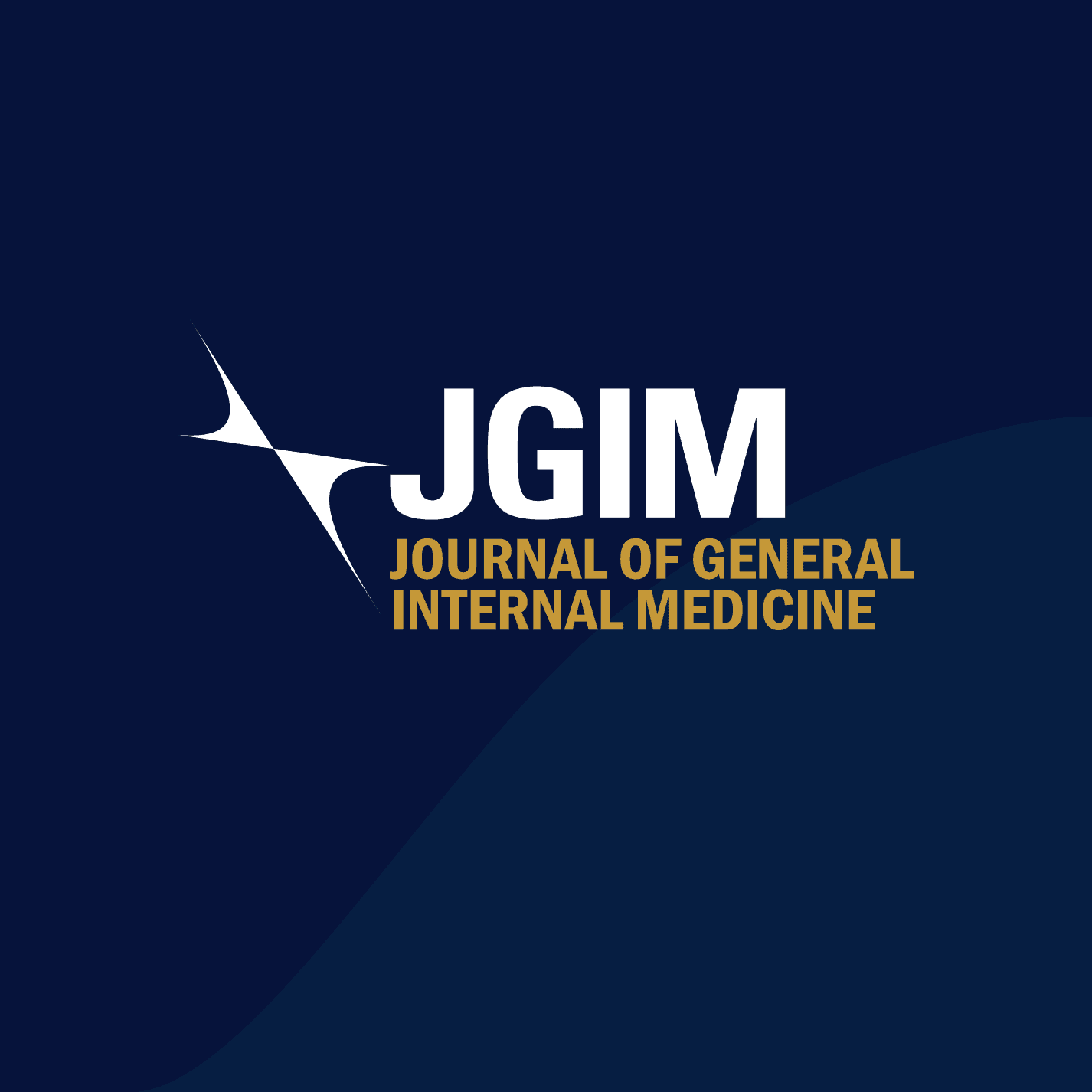Abstract
Background
Programs to screen for social and economic needs (SENs) are challenging to implement.
Aim
To describe implementation of an SEN screening program for patients obtaining care at a federally qualified health center (FQHC).
Setting
Large Chicago-area FQHC where many patients are Hispanic/Latino and insured through Medicaid.
Program Description
In the program’s phase 1 (beginning April 2020), a prescreening question asked about patients’ interest in receiving community resources; staff then called interested patients. After several refinements (e.g., increased staffing, tailored reductions in screening frequency) to address challenges such as a large screening backlog, program phase 2 began in February 2021. In phase 2, a second prescreening question asked about patients’ preferred modality to learn about community resources (text/email versus phone calls).
Program Evaluation
During phase 1, 8925 of 29,861 patients (30%) expressed interest in community resources. Only 40% of interested patients were successfully contacted and screened. In phase 2, 5781 of 21,737 patients (27%) expressed interest in resources; 84% of interested patients were successfully contacted by either text/email (43%) or phone (41%).
Discussion
Under one-third of patients obtaining care at an FQHC expressed interest in community resources for SENs. After program refinements, rates of follow-up with interested patients substantially increased.
Topic
Health Equity, JGIM, Social Determinants of Health, Vulnerable Populations
Author Descriptions
Erie Family Health Centers, Chicago, IL, USA
Lacey Johnson MPH, Paula Carcamo BA, Bridget G. Magner MPH & Josephine Llaneza MPH
AllianceChicago, Chicago, IL, USA
David T. Liss PhD & Ta-Yun Yang MS
Division of General Internal Medicine, Northwestern University Feinberg School of Medicine, Chicago, IL, USA
David T. Liss PhD & Mita Sanghavi Goel MD, MPH, FACP
Share
Related Articles
Inhaled Cannabis, Asthma, and Chronic Obstructive Pulmonary Disease: A Population-Based Cross-Sectional Study of n = 379,049
Abstract Background Cannabis may cause chronic pulmonary disease. Prior studies have been…
Fresh Food Rx: Evaluating the Impact of a Produce Prescription Program on Engagement and Well-being Using the RE-AIM Framework
Abstract Introduction Food insecurity (FI) affects 13.8% of the USA, disproportionately afflicts…


